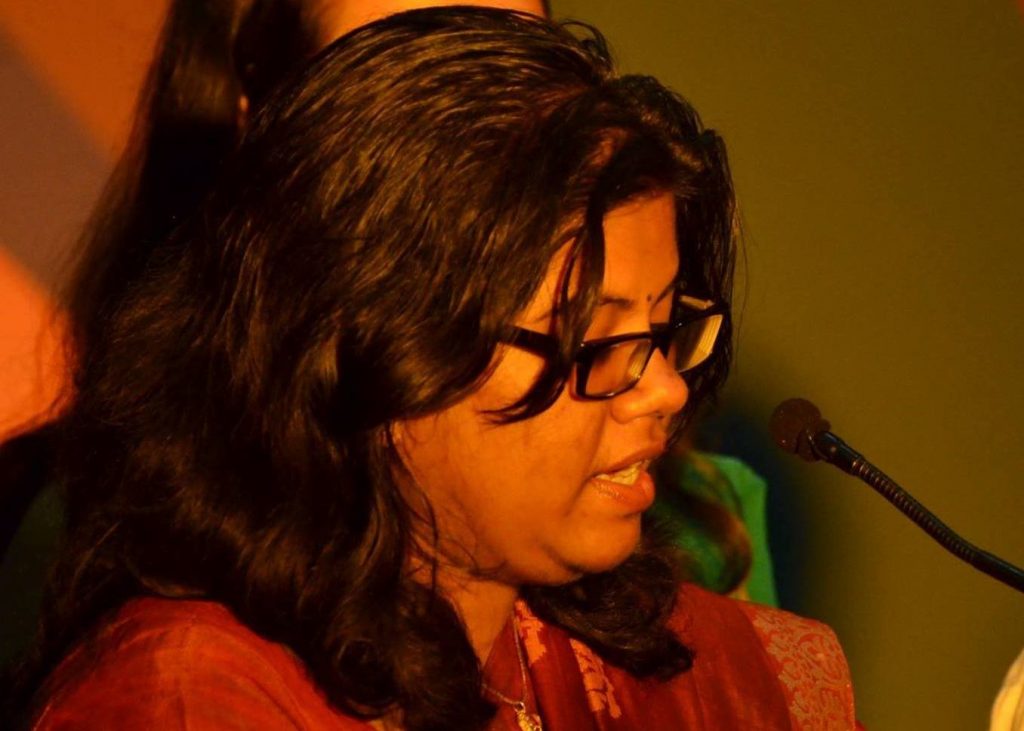#TheDiaryOfASocialWorker – 1
“Social Work? Acha samaaj seva!”
“No. It is a professional course!”
“But why does anyone need a degree to help people?”
“Because you need to know which people to help and how.”
I first saw the power of labeling in a slum in Malad, Mumbai. I labeled a person as a slum dweller, and she labeled me as a social worker. I went there to help, and she saw me in obvious discomfort in her house and gave me space to sit. She fed me juice and I found myself thinking – who is helping whom. My supervisor later told me, “You took a step forward by accepting the invitation for the juice. Otherwise, she would have thought that you have purity-pollution issues based on caste”.
Later, due to our visits, we were able to support a women’s SHG, help them take a bank loan together, and buy some materials with which they could earn a livelihood. They were all mothers of children with disabilities, who had taken a stand to support not abandon their children. To this day, I maintain they helped me more than I could hope to help them.
Leaving Home To Get A Real Education
My first experience at TISS or Tata Institute of Social Sciences was that of awe, the newfound independence of being a woman in a city like Mumbai, studying a subject that is usually not recommended to young folk because it’s neither lucrative nor practical. I came to this institute with the conviction that I needed to work in the area of mental health, and that psychology was too clinically detached from social reality.
I started learning how to articulate what I believe and don’t believe in. Slowly, without realizing it, I became too comfortable in a space where disagreement and diversity are found, appreciated, and then taken for granted. This is what social work taught me about education – it never stops. I had a 70-year old professor who taught us about the sheer weight of duty that rests on the top one per cent of the country’s educated, employed youth, who have the power to change the social fabric of India’s villages and cities. She taught me whose voice I ought to represent when I speak, how to question authority, and how to work with anyone with humility and pragmatism.
The people I met in TISS came from forests, slums, cities, and mountain ranges. They were India in a nutshell for me. How each of them spoke about what they wanted to live and die for was different. Each of them also faced the temptation to take a well-paying job, find a supportive partner, and lead a comfortable life. But TISS taught us to question everything – who is paying you at that job? Was your partner’s gender and orientation something you’ve thought about? And what exactly is comfortable about life if you don’t shake things up?

The Importance Of Collective Culture
Education wasn’t meant to be a level playing field at TISS, but what made it so was the city we were living in. A budding social worker needs to explore their boundaries, communication skills, and do a thorough need assessment. For someone who likes studying and observing people and their stories, Mumbai is like a library. So, what works there?
Certain cities have a culture of collectivity where they commiserate with each others troubles and celebrate their joys together too. I saw the miracle of community living among the Mumbai locals. Regardless of rain or terror attacks, fear of outsiders or disdain for one’s own species, help is always extended.
The first aspect of a gifting culture that I noticed was the normalization of giving help or in simpler terms, how easily we accept the kind behavior of strangers. Once accepted, it is noticed more often, acknowledged, and acted upon with less hesitation.
What makes this city’s collective culture friendlier to curious learners and newcomers? I believe that along with a person’s genuine concern, the joy of being alive, and the freedom derived from being allowed to exist in harmony is what makes wonders happen. This is an environment built over generations through practice, and the marketing of Mumbai as a city of dreams. Similarly, more spaces can be built in such manner if the concept of collective or community living is understood and celebrated.
By the end of my first semester in TISS, I knew why I was destined to be a professional social worker and not a charity worker. The answer lies in the fact that one has to appreciate the nuances that social work as a multi – disciplinary subject has to offer to people’s lives. The systematic study of social issues such as caste, class, gender and race have a direct impact on how we conceptualize development. That is the power of working at the grassroots level, and that is how we see empowerment.
[Sreepriya Menon will be writing a series of articles under #TheDiaryOfASocialWorker to spread more awareness around the less-explored topic of social work and mental health.]